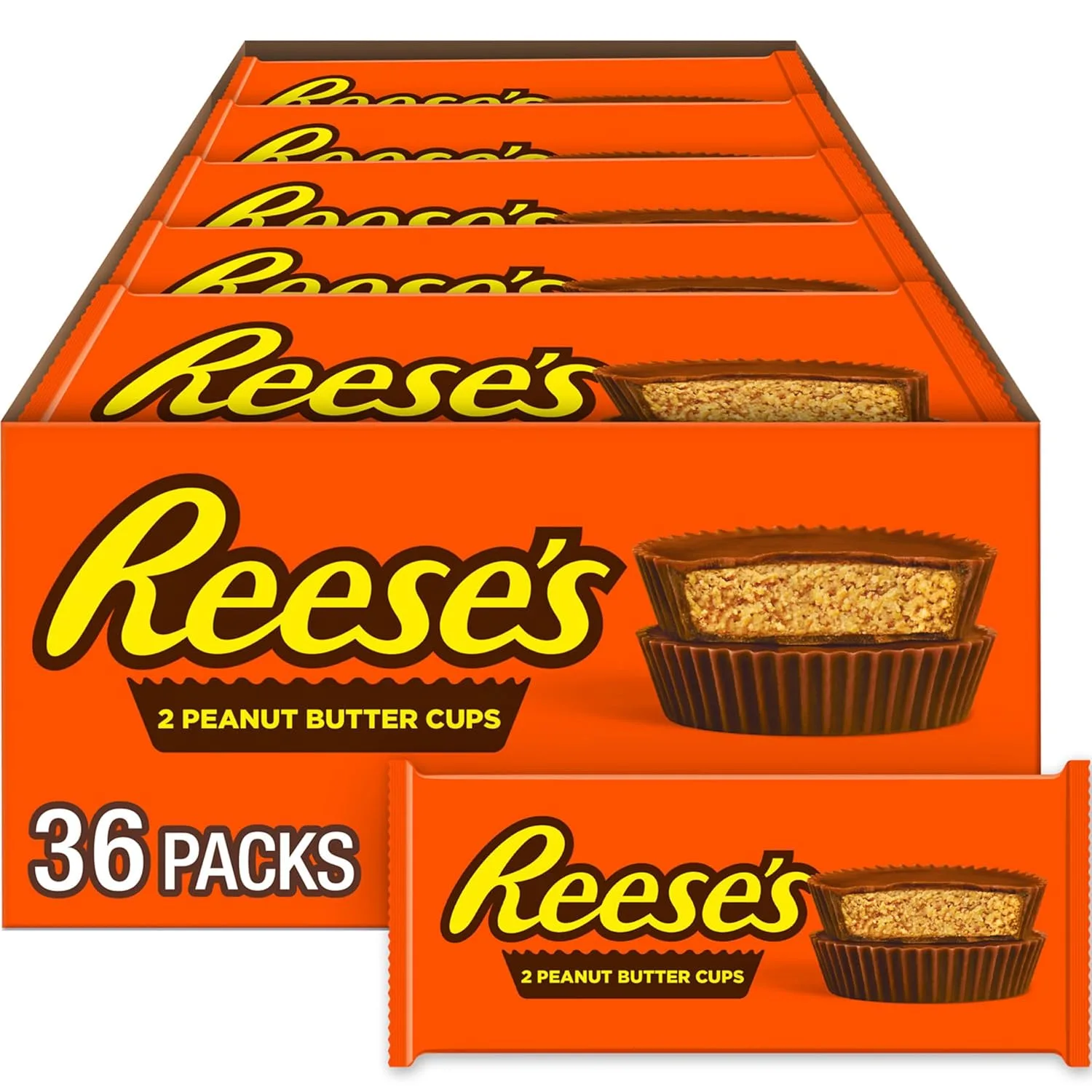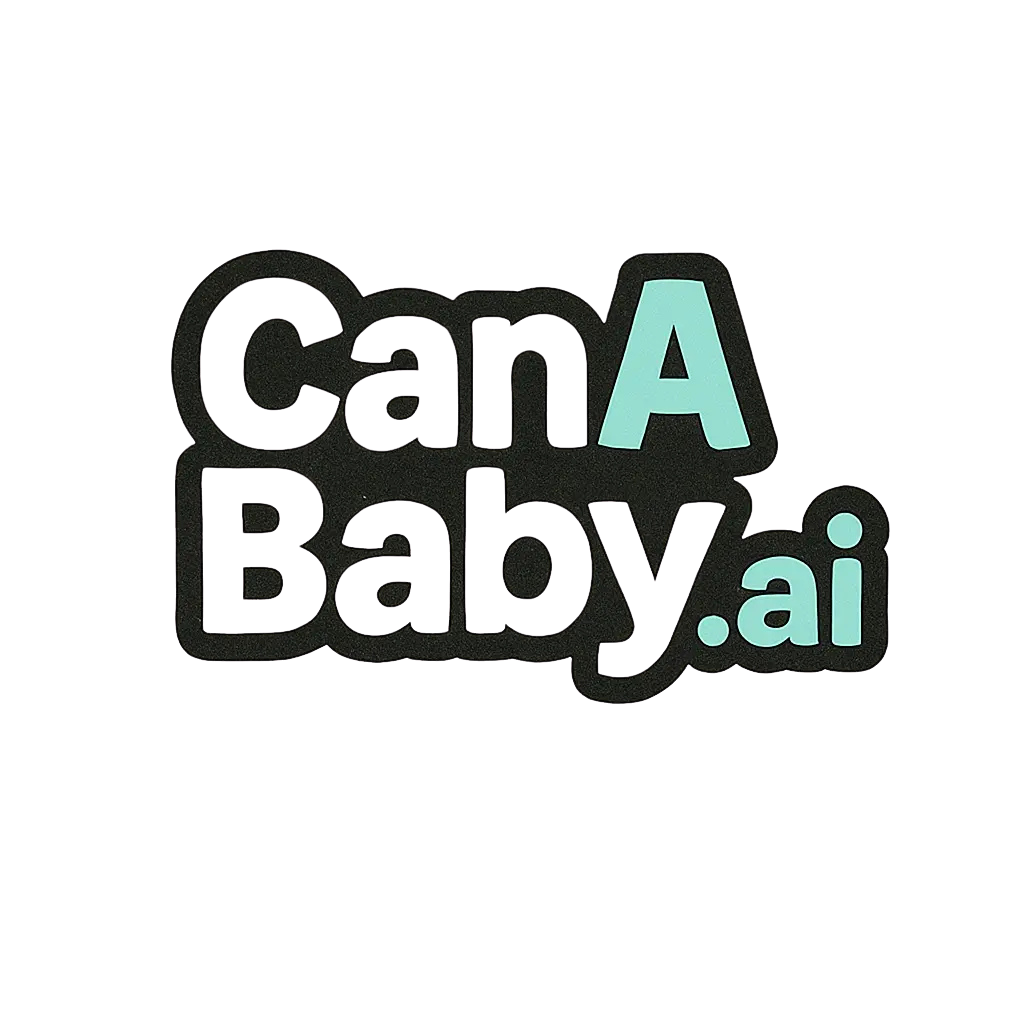Reese's 2 Peanut Butter Cups
candy • For 5+ year old children • Consumable 🍝
Product Images
Product Photo

Tap to enlarge
Ingredient List

Tap to enlarge
Is this kid-friendly to eat Reese's 2 Peanut Butter Cups?
Check for Different Age (6 available)
Ingredients Analysis (15 found)
Common Questions About Reese's 2 Peanut Butter Cups
Kid-approved? Reese's 2 Peanut Butter Cups
Yes, Reese's 2 Peanut Butter Cups is generally considered safe for 5+ year old children based on ingredient analysis.
What ingredients should I watch out for?
We analyzed 15 ingredients in Reese's 2 Peanut Butter Cups. 14 safe. Check the detailed analysis above for specific concerns.
When can kids start eating candy?
The appropriate age depends on the specific ingredients. This analysis is for 5+ year old children. Use the age selector above to check other ages.
⚠️ Important Disclaimers
Product Recognition: Product names are identified by AI and may be incorrect. Always verify product identity yourself.
Safety Analysis: Evaluations are for research only - consult pediatricians for medical decisions.
No Guarantees: Results may be incomplete or inaccurate. Do not rely solely on this analysis.
